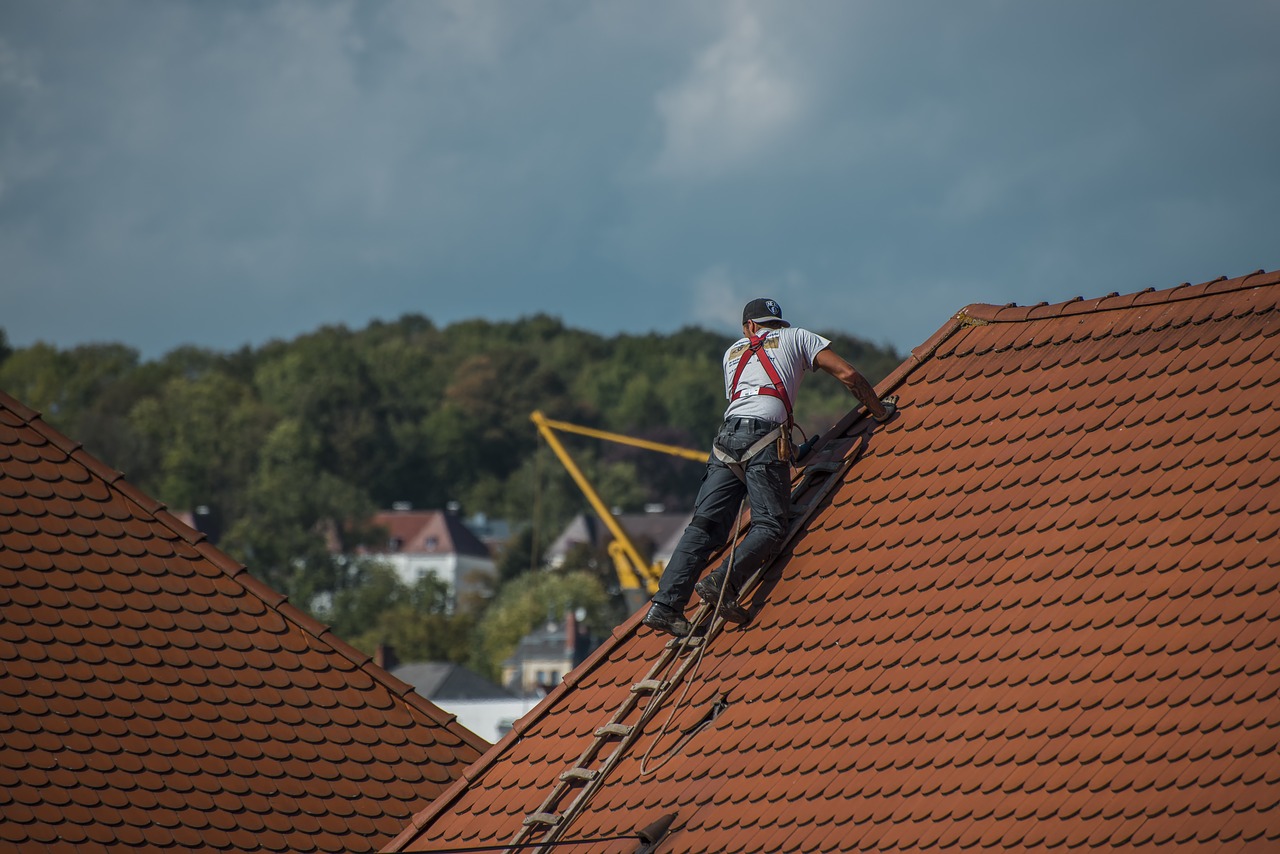

"The time to repair the roof is when the sun is shining"
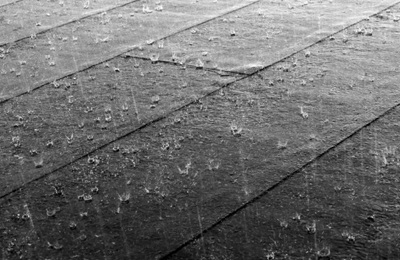
Roofs play a vital role in keeping homes protected from the elements
The roofing industry knows all too well that work must be performed when the sun is shining during the hottest summer months. We have got roofing workers covered with some Hi-Vis moisture wicking T-Shirts shown below. First, though, let us shed some light on the industry itself. Roofing first and foremost provides homes with necessary protection from heat, rain, and storms.
The roofing industry looks to reach around 47 billion in 2018 and shows no sign up slowing down. The industry involves companies that replace, repair, and install roofs on buildings, using an assortment of materials. Companies also install siding and gutters, along with spraying roofs and sidings. Spraying is required to bind, seal, insulate, and soundproof sections.
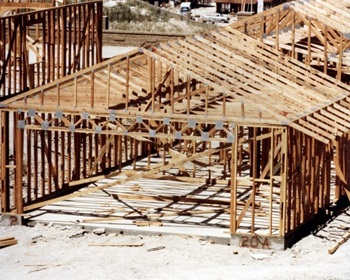
New Roof Construction
New construction accounts for around 35% of all roofing business. Housing starts and construction activity play a significant role in this roofing segment. 65% of roofing business though resides around reproofing, repair and maintenance.
The average life of a commercial roof is roughly seven years, due to the wind, falling trees, rain, and hail storms, all taking a toll on roofs.

Weather events create an early replacement of roofs. Tornadoes and hurricanes often destroy roofs, which drive demand for roof replacement and roof repair is closely tied to storm activity.
There is a multitude of materials used for constructing roofs. The most common materials roofers use are shingles, slate, asphalt, aluminum, wood, or related materials. From a safety standpoint, materials change the hazards faced. For those installing a metal roof, wearing cut resistant gloves becomes a high priority. We cover sheet metal in depth. Here are the materials found in roofing:
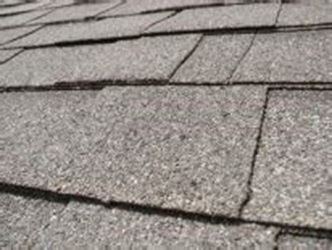
Most common residential roofing material used, low cost and easy to install, yet a short life span of 10-30 years.
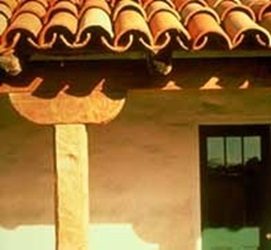
Attractive, long lasting roof
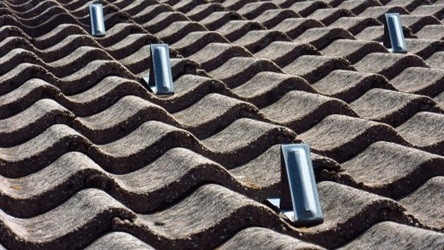
Durable and low maintenance, yet expensive.
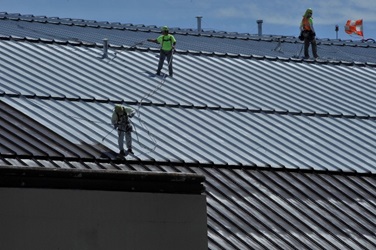
Aluminum, copper or stainless steel. It doesn't crack, split, rot or burn and will typically last over 50 years. Metal does require periodic painting.
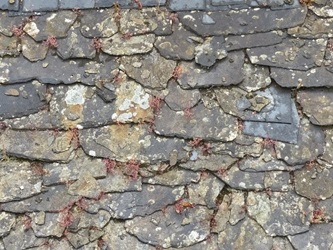
Natural stone quarried in blocks and split into thin layers. Fireproof and long lasting, one of the oldest roofing materials and is heavily used in the Northeast.
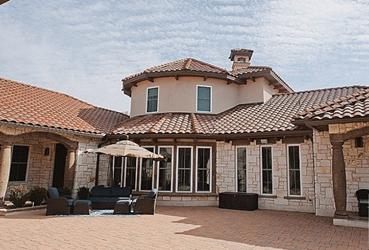
Upscale look and last up to 70 years. Very expensive and heavy.
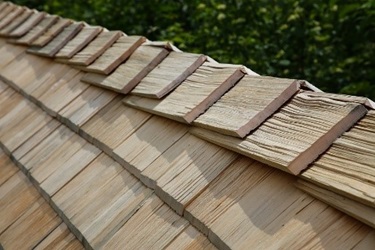
Natural look and offers insulation. High maintenance and a fire hazard.
Roofing isn’t a job for everyone. With that said, roofers held about 146,200 jobs in 2016. The largest employers of roofers were as follows:
| Roofing Contractors | 71% |
| Self-Employed workers | 21% |
| Construction of buildings | 3% |
California, Florida, and Texas are where are the majority of roofing contractors are centered.
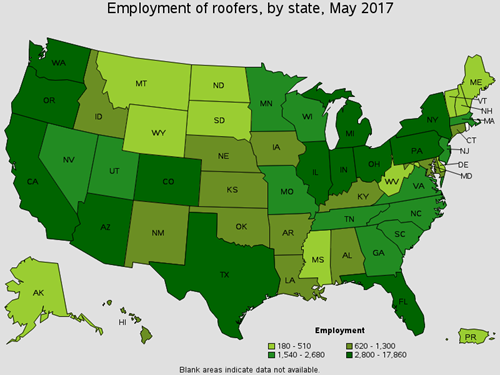
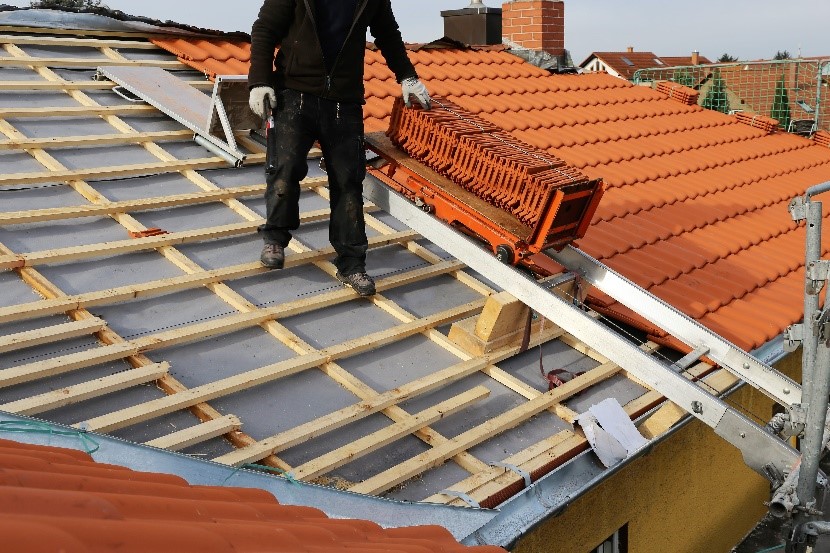
Workers who hold materials, transport tools, and cleanup work sites.
Workers who perform tasks requiring great physical strength.
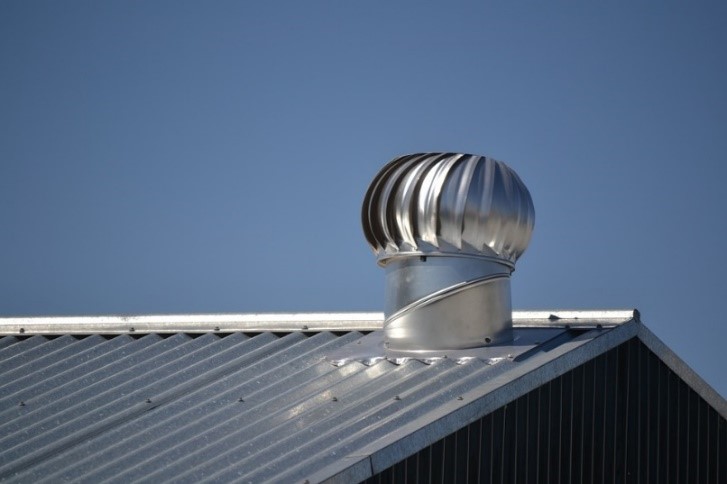


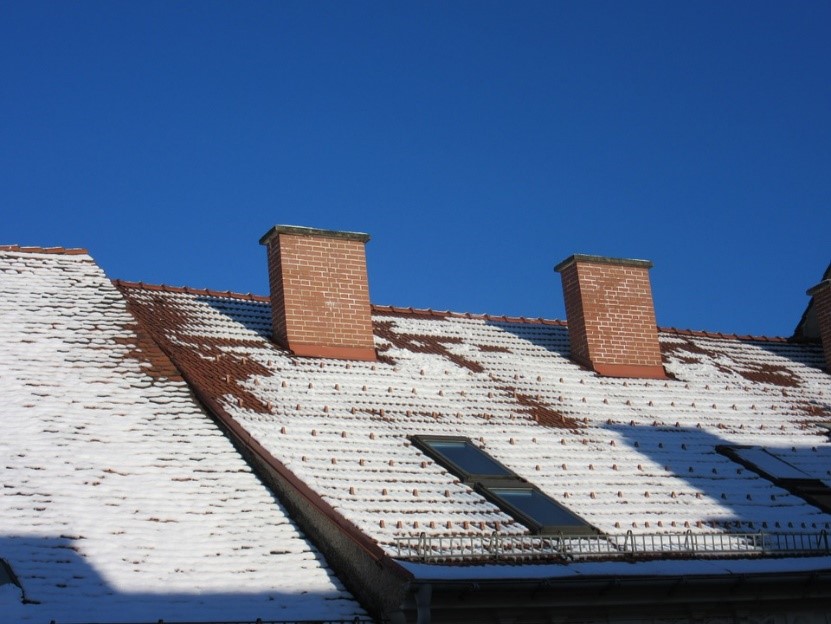
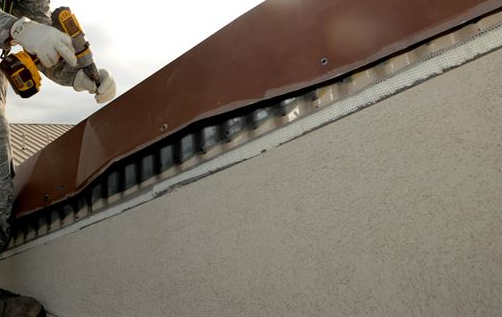

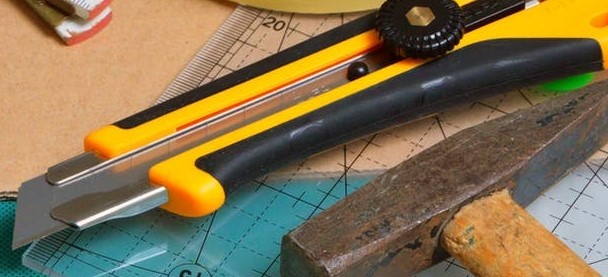
The National Roofing Contractors Association is an excellent resource for those interested in exploring the roofing world a little more...
Roofing involves heavy lifting, sharp metal, climbing, bending, and working in very hot temperatures. They also work long hours, especially during the busy summer months. Safe rooftop work should always be a focal point for roofers. The height and sloped surfaces of roofs should be enough for a worker taking safety precautions. Throw in gusty winds, hot temperatures, icy shingles, power lines and the potential for falling; staying aware of the hazards is 100% necessary.
The numbers back this up too. There are 40% more injuries in roofing when compared to the average of all US Industries. For every 100 employees, 5.6 are injured.
| Foundation, structure, and building exterior contractors | Framing contractors | 23813 | 7.0 |
| Foundation, structure, and building exterior contractors | Structural steel and precast concrete contractors | 23812 | 6.3 |
| Foundation, structure, and building exterior contractors | Roofing contractors | 23816 | 5.6 |
Please don’t underestimate the need for following safety procedures and wearing correct PPE when roofing. OSHA creates an excellent document all roofers should read. Just click to the OSHA link and check out over 40 pages covering safety and PPE while roofing.
With the risk of being injured being so high, there is no reason to not wear the correct PPE. Let us make you aware of the best PPE for specific roofing hazards.
We've highlighted a lot of roofing information and thrown a bunch of industry stats at you. Now, the remaining part of this page showcases some of the most common roofing hazards and different PPE options roofers should consider wearing while performing their work.
If you prefer to return to the main Construction home page, click the image below. From the home page, you'll be able to access any of the numerous construction industries we cover. If you would prefer to check out some of roofing’s specific trade hazards, please continue reading below the Construction page image.
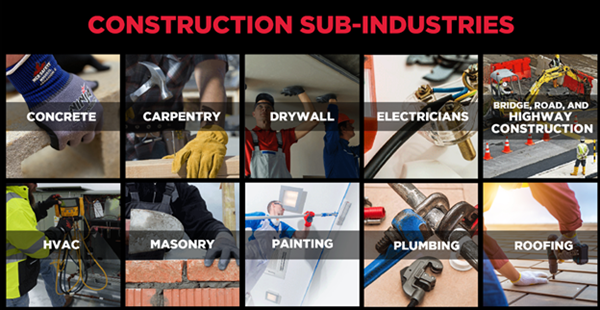
MCR Safety's dedicated Construction industry resource page.
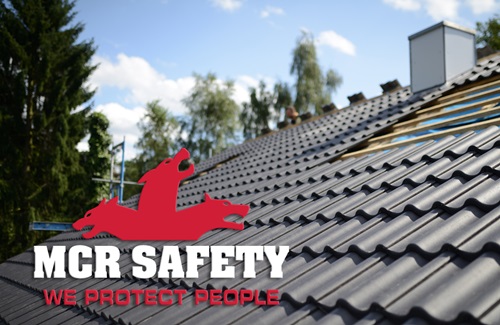
Find the right MCR Safety product that protects you against these common hazards.
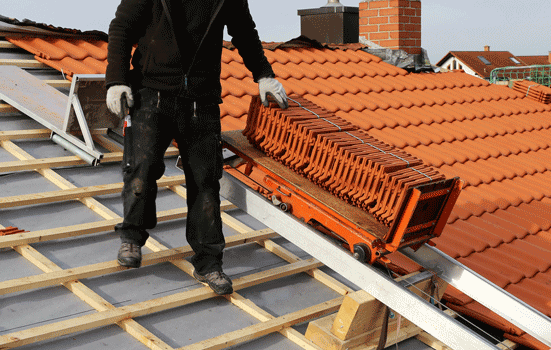
Handling asphalt, tar paper and wood shingles will scrape up your hands.
Learn More About Abrasive Material Handling Protection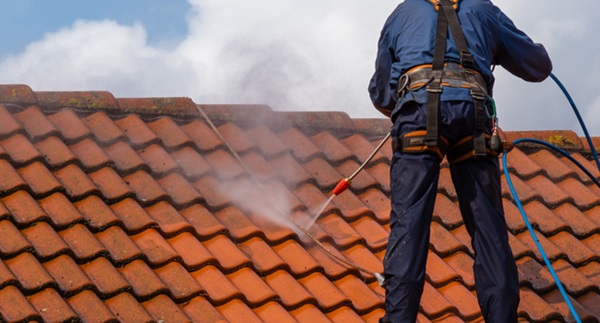
Roof installation involves chemical sealants, adhesives, and cleaners. Be prepared when this specific application comes into play!
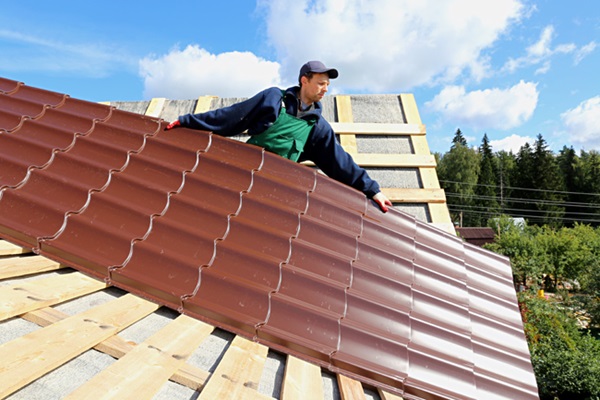
Lifting and carrying metal panels presents definite dangers to a worker’s back-of-hand when installing.
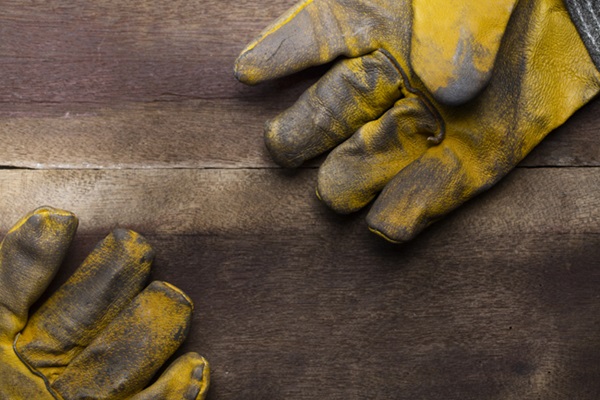
Worn out gloves can easily soil and scratch a metal panel’s surface.
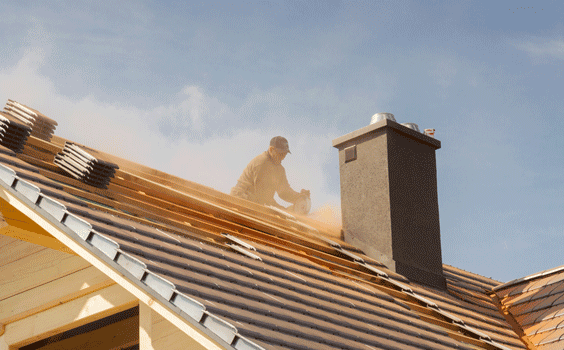
Roofing produces a lot of dust. Lined eyewear that fits close to your to your cheeks and eyebrows is a must for these workers.
Learn More About Dust Protection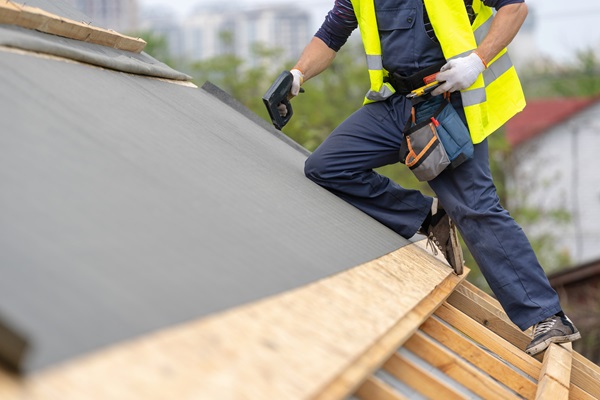
MCR Safety’s coveralls, jeans and Hi-Vis pants will keep a roofer’s lower legs from being exposed.
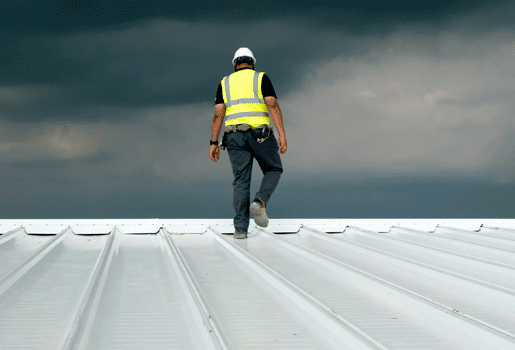
Work performed around moving vehicles, means workers need to be seen. Hi-Vis gear alerts workers to a worker’s presence. Don’t forget about Hi-Vis gloves too!
Learn More About High Visibility Protection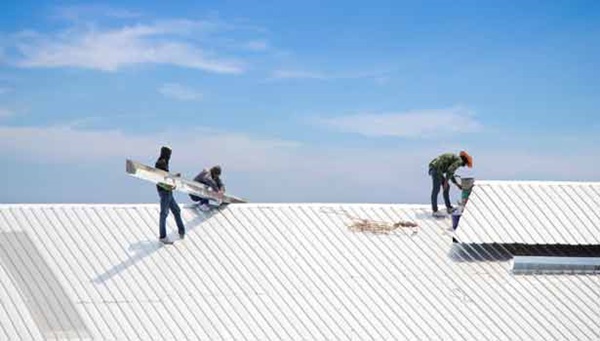
Materials heated by exposure from the sun are always a concern. Be sure to check out our blog piece on ITC Heat Testing.
Learn More About Hot Metal Protection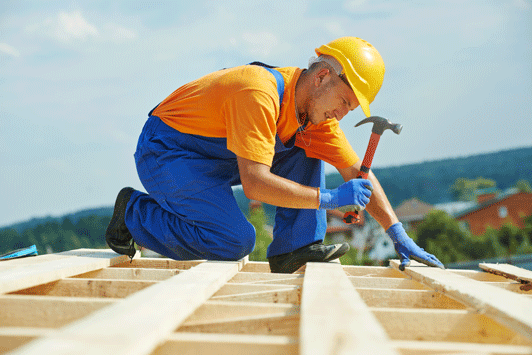
Short-sleeved Hi-Vis shirts with Wicking properties ensure workers stay comfortable.
Learn More About Hot Temperatures Protection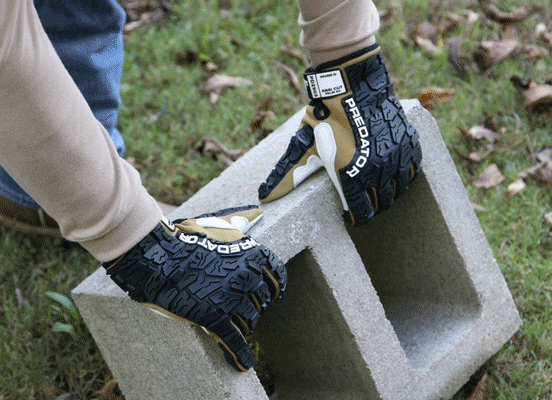
Heavy lifting exposes your hands to back-of-hand injuries. Check out our Impact protection page!
Learn More About Impact Protection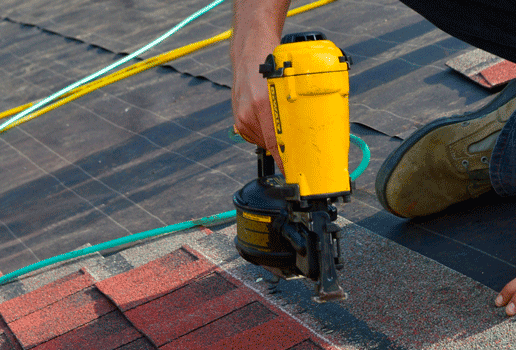
Flying material and debris are everywhere in construction. Roofers using a nail gun, shingle strippers, tin snips, power saws and air compressors must always be prepared and protected.
Learn More About Impaired Vision Protection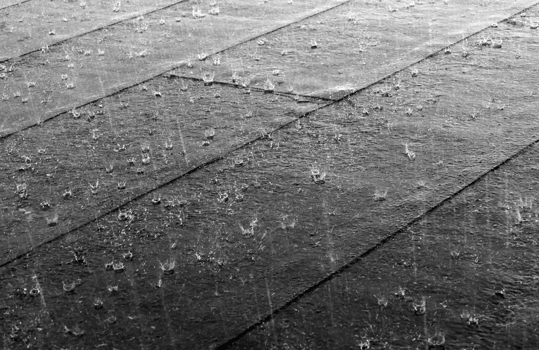
The weather is always changing. Might make sense to have some breathable raingear close-by.
Learn More About Inclement Weather Protection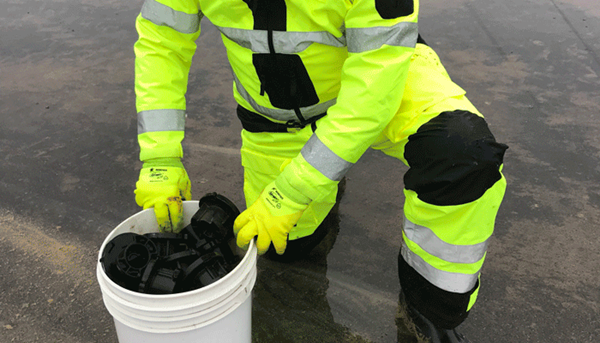
Our Ultratech rain suit comes pre-made with knee inserts.
Learn More About Kneeling Protection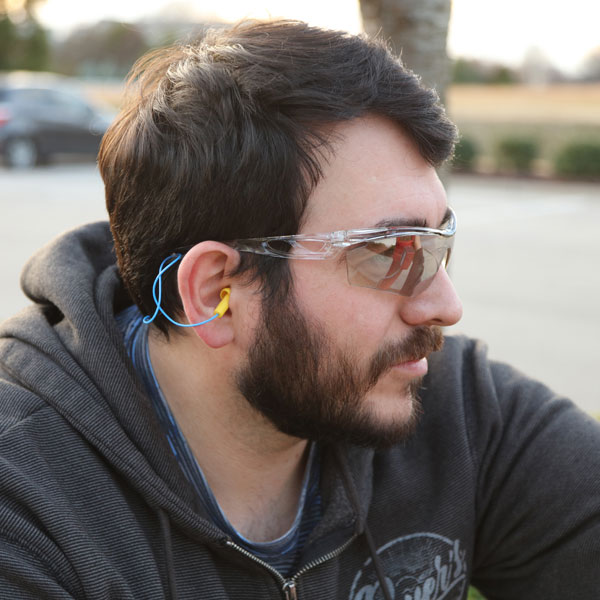
The CL4 eyewear style is equipped so earplugs serve as the eyewear lanyard.
Learn More About Noise Protection
Metal roofing material is pre-formed sheet metal. Metal Roof installation can cut up one’s hand on the sharp edges real quick!
Learn More About Sharp Objects Protection
Standing on a roof puts you just a little closer to the Sun. Polarized eyewear is this worker’s best friend and reduces eye strain, along with glare from metal panels.
Learn More About UV Radiation Protection Why MCR Safety Products?
Why MCR Safety Products? 
MCR Safety manufactures and supplies Personal Protective Equipment (PPE). Simply put, WE PROTECT PEOPLE! We are known world-wide for our extensive product line depth surrounding gloves, glasses, and garments spanning across numerous industries. We offer the total package of safety gear encompassing industrial gloves, safety glasses, protective garments, welding gear, industrial boots, Flame Resistant (FR) gear, face shields, and much more. From a glove standpoint alone, MCR Safety manufacturers and supplies over 1,000 different style gloves. Here are some of the many reasons MCR Safety is your go to source for PPE:
MCR Safety is recognized as a global manufacturer stretching across six countries, with both distribution and manufacturing facilities. Our core competency and specialty is manufacturing and supplying protective gloves, glasses, and garments. The information shown and provided on MCR Safety’s website, its safety articles, industry resource pages, highlighted hazards and safety equipment should be used only as a general reference tool and guide. The end user is solely responsible for determining the suitability of any product selection for a particular application. MCR Safety makes no guarantee or warranty (expressed or implied) of our products’ performance or protection for particular applications.